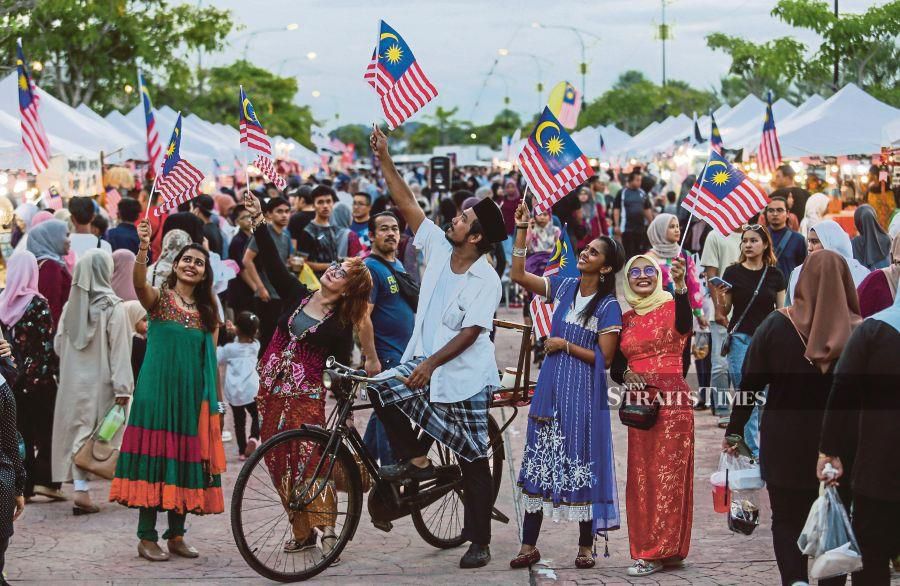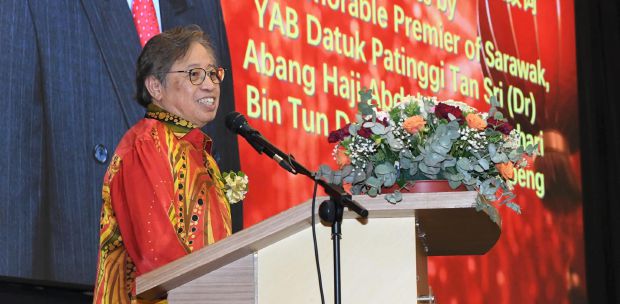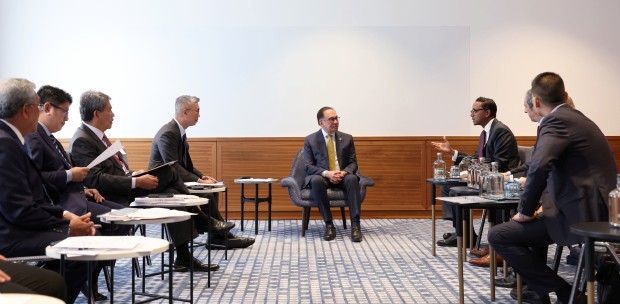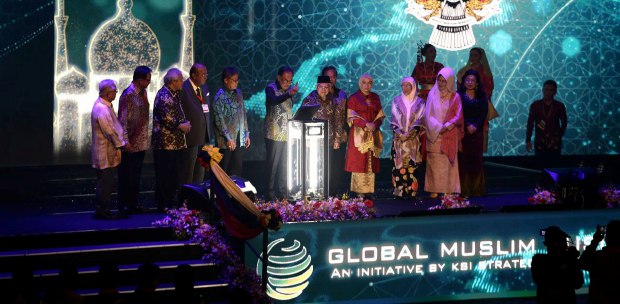It's that time of year again for us to collectively reflect on where we are as a nation as we celebrate 66 years of Merdeka and 60 years of Malaysia.
The unprecedented 1MDB scandal could have sunk us into political and economic quicksand.
Instead, our political superstructure withstood the equivalent of a Category 5 typhoon and our democratic system did its job to exact accountability. The result in the aftermath is not exactly pretty, but who said democratic processes are neat and tidy?
As our fractured polity grappled with unstable governments post-2018, along came the once-a-century Covid-19 pandemic, which saw the sitting government literally scraping the bottom of our public finance barrel to cope with national lockdowns that ravaged livelihoods and the economy.
Looking back now, it is a wonder that we all lived to tell the tale of how we survived this double whammy. The reverberations are likely to last for a while.
The double whammy of financial scandal and pandemic begets the current double whammy of public finances in a parlous state and national politics in seeming disarray.
Whipping our national finances back into shape requires political leadership firmly in the saddle with a no-nonsense grip on the whip.
Just as our national politics badly needs the firm grip we have long been accustomed to, a more quarrelsome political state has become the new normal. What, then, gives?
The more progressive among us will come back with a stock answer: banish identity politics.
This is easier said than done. Can we banish what comes almost naturally to voters everywhere, not just in Malaysia?
How else do you explain the leader of supposedly meritocratic Singapore publicly saying his countrymen are "not ready" for a non-Chinese prime minister yet?
Or how to rationalise Americans voting for their first black president one day only to next elect a rabble-rousing "disruptor-in-chief", whose keenest supporters include those on the extreme and racist political fringe?
Or the fearsome crowds massed in central Jakarta against the political ascendancy of the then governor, Basuki Tjahaja Purnama (Ahok)?
Perhaps it is more practical and less hypocritical to let identity politics be given the legitimacy we have conferred on it rather than have it bottled up, only to be occasionally released in uncontrolled spasms.
Far better to focus our collective energies at this critical juncture on accepting Malaysian politics as it is and clamour instead for a government of true national unity, perhaps with leaders of the two major coalitions taking turns to be prime ministers.
The broad parameters of what any national government must do to lift the country out of financial and economic pitfalls are clear and non-controversial.
What is contentious are the political steps and difficult decisions required to reset our financial and economic priorities.
There will be no quick fixes to all this. A national consensus must be forged because economic rejigging demands moves that will inflict some pain somewhere.
But first things first. Will the government be open to a meaningful and constructive dialogue with the opposition instead of mutual recriminations or, worse, just to score immediate political points?
If not, will civil society step up to facilitate such a political dialogue, ultimately leading to a re-constituted government of true national unity?
The post-2018 political loosening leading to electoral upsets and changes of governments becoming the norm is not necessarily a bad thing and may even be taken in stride as part and parcel of our political maturing process.
What we desperately need is a period of political calm to set the ship of state buffeted by the double whammy right so that business as usual can resume.
* The writer views developments in the nation, region and wider world from his vantage point in Kuching






